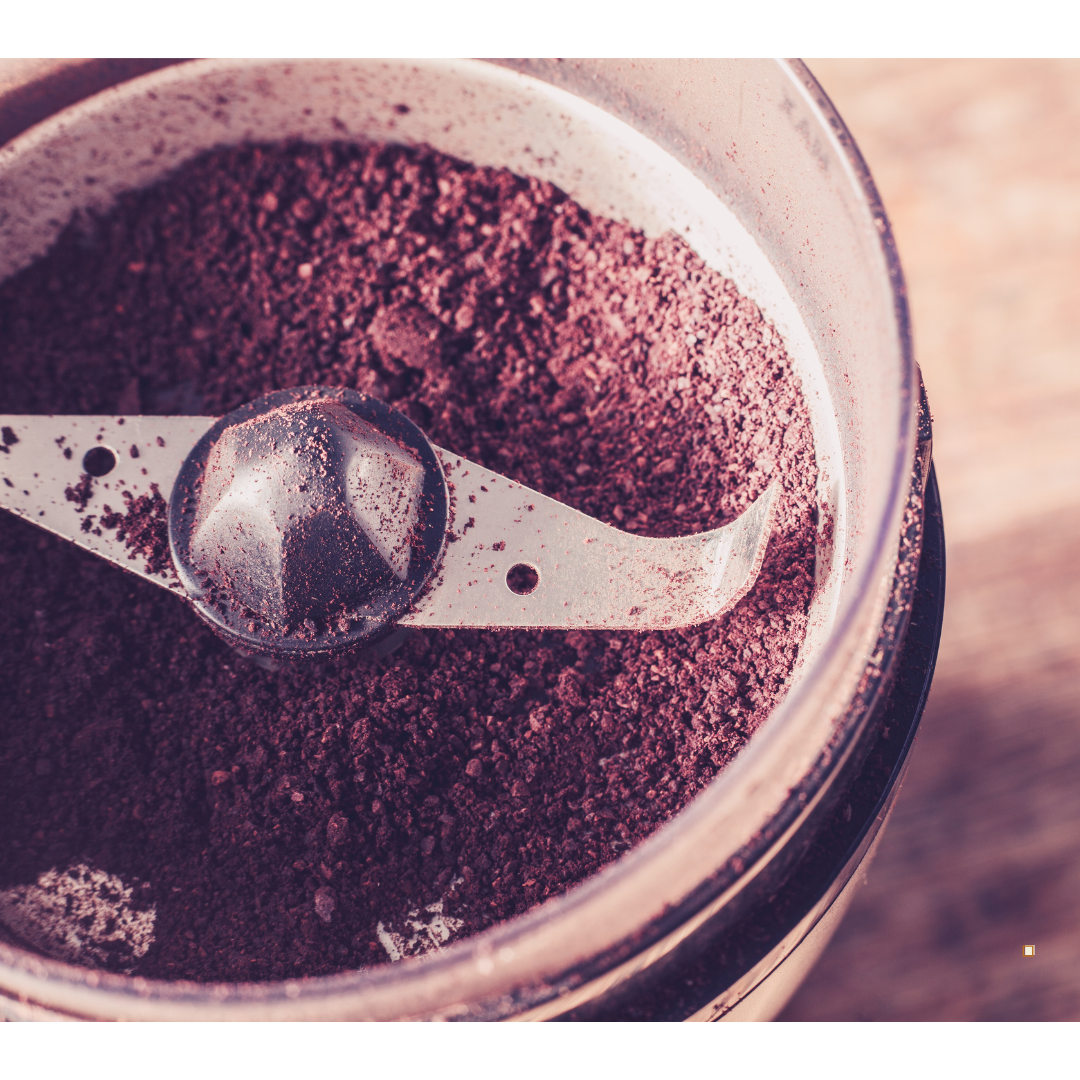
Can Decaf Ground Coffee Help You Sleep Better?
If you’re a coffee lover but find that caffeine keeps you up at night, you may be considering whether decaf ground coffee is a good alternative for your evening brew. Sleep plays a vital role in our overall health, and many people struggle to unwind and fall asleep due to the stimulating effects of caffeine. But does switching to decaf really make a difference, and can it actually help you sleep better? Let’s explore the impact of decaf coffee on sleep and how it compares to regular coffee.
Understanding Caffeine and Sleep
To understand how decaf coffee might help you sleep, it’s important to know how caffeine affects the body. Caffeine is a stimulant that blocks adenosine receptors in the brain. Adenosine is a neurotransmitter that promotes sleepiness, and by blocking its action, caffeine keeps you feeling awake and alert. The half-life of caffeine—the time it takes for the body to eliminate half of the caffeine consumed—varies but is generally around 3 to 5 hours. This means that even hours after your last cup of coffee, there may still be enough caffeine in your system to interfere with your ability to fall asleep or stay asleep.
Drinking regular coffee late in the day can disrupt your sleep-wake cycle, making it harder for you to feel sleepy at bedtime. For some people, even a cup of coffee consumed in the early afternoon can impact sleep quality. This is where decaf coffee comes into play, as it offers the flavor and comfort of coffee without the high caffeine content.
How Much Caffeine Is in Decaf Coffee?
One of the main misconceptions about decaf coffee is that it’s completely caffeine-free. While decaf does contain caffeine, the amount is significantly lower than in regular coffee. On average, an 8-ounce cup of decaf coffee contains about 2 to 5 milligrams of caffeine, compared to 95 milligrams or more in a regular cup. For most people, this minimal amount of caffeine is unlikely to cause any noticeable effects on alertness or sleep.
However, individual sensitivity to caffeine can vary. People who are particularly sensitive to caffeine may still notice some effects, even from decaf coffee. It’s also worth noting that the caffeine content can differ between brands and brewing methods, so if you’re highly sensitive, it may be worth trying different options to find one that works for you.
The Psychological Aspect of Decaf Coffee
Beyond the physical effects of caffeine, there is also a psychological aspect to consider. The act of drinking a warm, soothing beverage can be a comforting bedtime ritual that signals to your brain that it’s time to wind down. Decaf coffee can provide this calming experience without the stimulating effects of caffeine, making it a potentially helpful tool for your evening routine.
The taste and aroma of coffee are often associated with relaxation and pleasure for many coffee enthusiasts. By brewing a cup of decaf coffee in the evening, you can enjoy the sensory experience of coffee without the worry of it affecting your sleep. For some people, this ritual can be a way to transition from the hustle and bustle of the day to a more peaceful state of mind.
Other Factors That Influence Sleep Quality
While choosing decaf coffee over regular coffee is a good step for better sleep, it’s not the only factor to consider. Your overall sleep hygiene and bedtime habits play a crucial role in how well you sleep. Here are some additional tips to improve your sleep quality:
- Establish a Relaxing Bedtime Routine: Activities such as reading, taking a warm bath, or practicing mindfulness meditation can signal to your body that it’s time to sleep. Incorporating decaf coffee into this routine can add a comforting element to your wind-down time.
- Limit Screen Time: The blue light emitted by smartphones, tablets, and computers can interfere with melatonin production, making it harder for you to fall asleep. Try to minimize screen use at least an hour before bedtime.
- Create a Sleep-Friendly Environment: Your bedroom should be a haven for sleep, with a comfortable mattress, soft bedding, and minimal noise or light. Keeping the room cool can also help promote better sleep.
The Benefits of Using Decaf Ground Coffee in Your Evening Routine
For many people, drinking decaf ground coffee in the evening can be a relaxing experience that helps them unwind. The key is to savor the moment and enjoy the flavors without worrying about the negative effects of caffeine. Decaf coffee allows you to have your evening cup without disrupting your body’s natural sleep patterns, making it an excellent option for coffee lovers who want to wind down.
Whether you’re sitting by the fireplace or cozying up with a book, a warm cup of decaf coffee can be the perfect companion. The psychological comfort of drinking coffee, combined with the absence of a caffeine kick, makes decaf a thoughtful choice for a calming evening ritual.
How to Choose the Best Decaf Ground Coffee for Sleep
Choosing high-quality decaf ground coffee can make a significant difference in your experience. Also, selecting beans that match your preferred roast level can enhance the enjoyment of your evening cup, whether you love a light, bright flavor or a deeper, more robust profile.
At Frontier Coffee Roasters, we’re dedicated to providing premium decaf options that deliver rich, satisfying flavors without the caffeine. Our carefully crafted decaf coffee is perfect for those who want to indulge in the taste of coffee while ensuring a restful night’s sleep.

